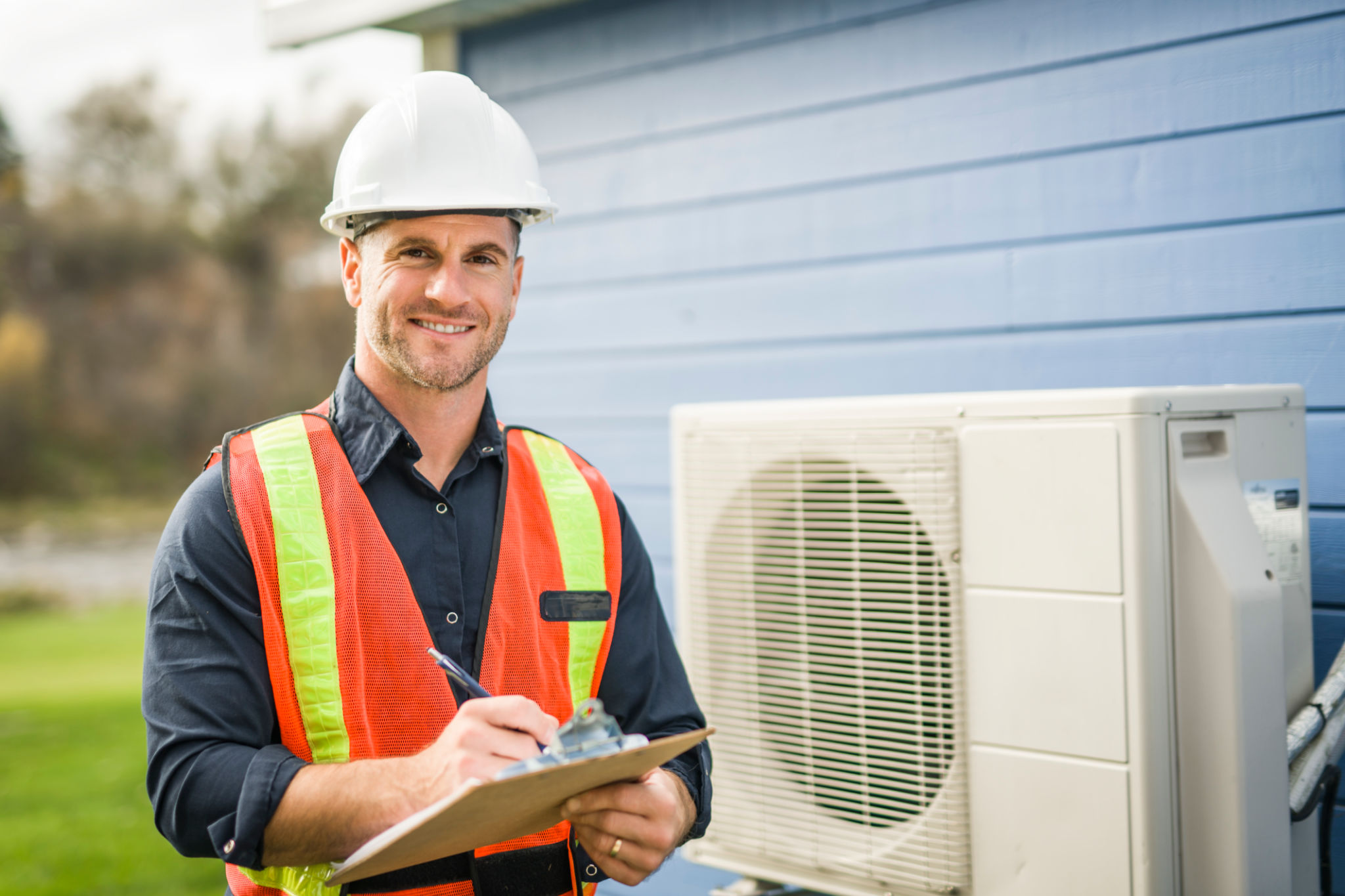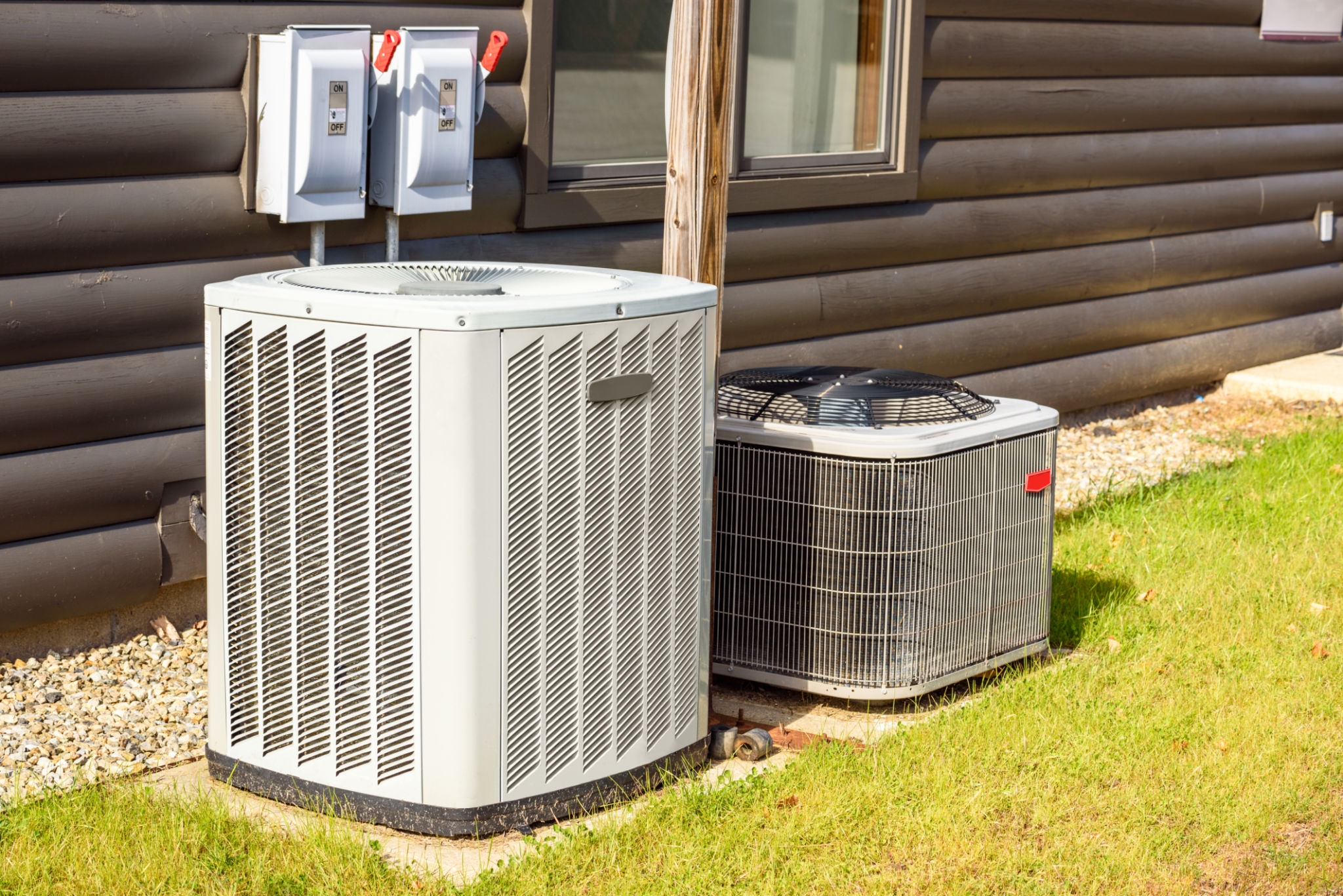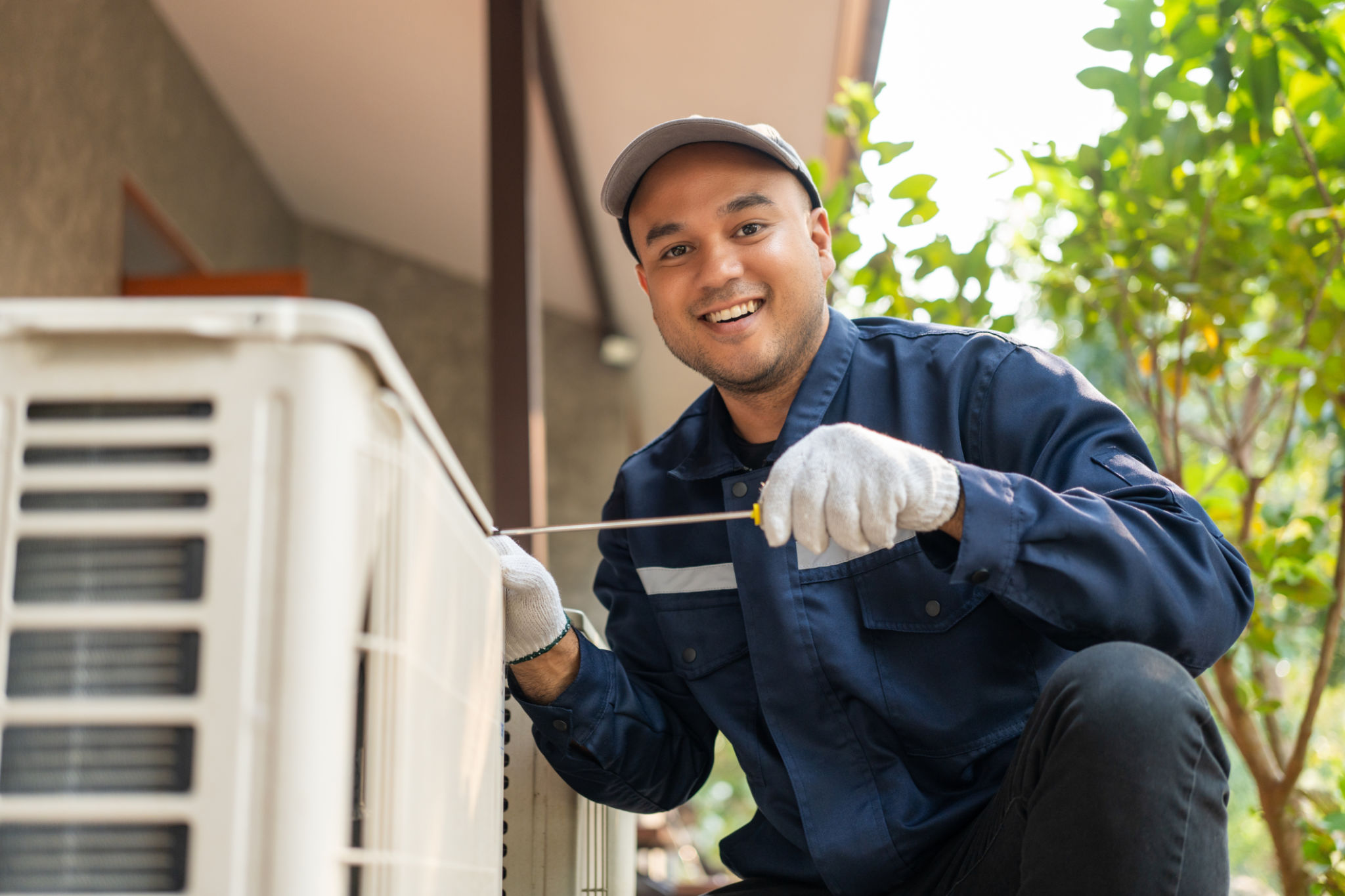Expert Tips for Choosing the Right HVAC System for Your Home
Understanding Your Home's Needs
Choosing the right HVAC system for your home begins with understanding your specific needs. Every home is unique, and factors such as square footage, climate, and insulation quality play a crucial role in determining the best system for you. Analyzing these elements will help you identify the most efficient and cost-effective solution. Consider consulting with a professional to ensure a comprehensive assessment.

Types of HVAC Systems
There are several types of HVAC systems available, each with its advantages and disadvantages. The most common types include:
- Split Systems: These systems have separate indoor and outdoor components and are widely used in residential settings.
- Hybrid Systems: Combining electricity and fossil fuels, these systems offer flexibility and energy efficiency.
- Ductless Systems: Ideal for homes without ductwork, these systems provide targeted heating and cooling.
- Packaged Systems: All components are housed in a single unit, typically used in smaller homes or commercial spaces.
Consider Energy Efficiency
Energy efficiency is a key consideration when selecting an HVAC system. Look for systems with high SEER (Seasonal Energy Efficiency Ratio) ratings, as these can significantly reduce energy consumption and lower utility bills. Investing in an energy-efficient model may have a higher upfront cost, but the long-term savings on energy expenses are well worth it.

Size Matters
The size of your HVAC system is critical to its performance and efficiency. A system that is too small will struggle to heat or cool your home adequately, while one that is too large can lead to excessive energy consumption and increased wear and tear. An HVAC professional can perform a load calculation to determine the correct size based on your home's specific needs.
Installation and Maintenance
Proper installation is essential for the optimal performance of your HVAC system. Ensure that you hire a qualified technician to handle the installation process. Once installed, regular maintenance is vital to keep the system running efficiently. Schedule annual check-ups and clean or replace filters regularly to extend the life of your system and maintain indoor air quality.

Budgeting for Your HVAC System
Your budget will significantly influence the type of HVAC system you choose. While it's important to find an affordable option, it's equally crucial not to compromise on quality and efficiency. Consider long-term savings from energy efficiency and potential rebates or incentives when comparing costs. Consulting multiple suppliers and seeking competitive quotes can help you find the best deal.
Smart Technology Integration
Modern HVAC systems often come with smart technology features such as programmable thermostats, remote control via smartphone apps, and integration with home automation systems. These features enhance convenience and allow for more precise control over your home's climate, potentially leading to additional energy savings.
Choosing the right HVAC system for your home is a significant decision that impacts comfort, energy efficiency, and long-term savings. By considering factors such as home requirements, energy efficiency, size, installation, maintenance, budget, and smart technology, you can make an informed choice that meets your needs.
